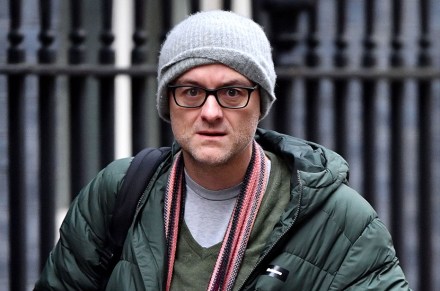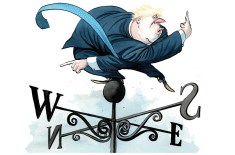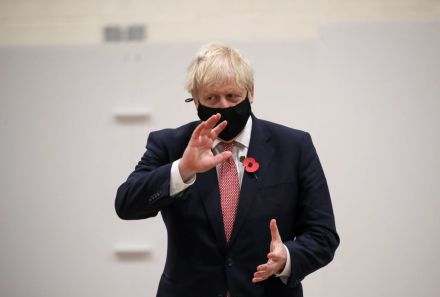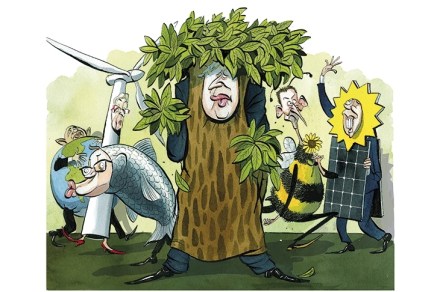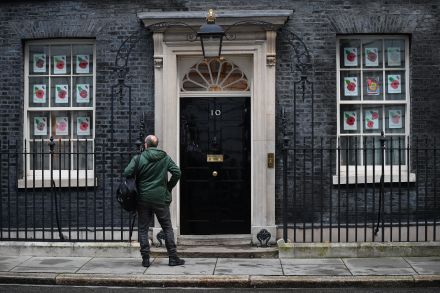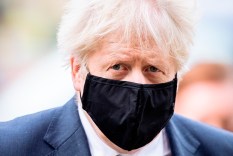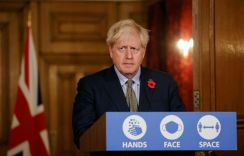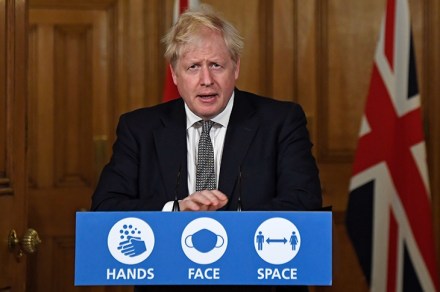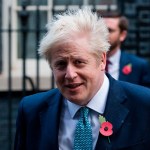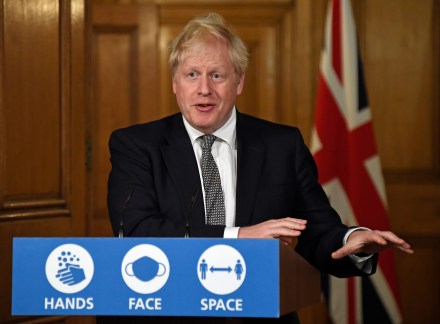The truth about me and Dominic Cummings
It is such a relief that Dominic Cummings has gone. Not for the sake of the country or the government — you can make your own mind up about that. No, no, I’m talking about me. Over the past year or so, the abuse I’ve received on Twitter and Facebook for reporting anything perceived to have originated anywhere near Cummings has been wearing. I’ve never endorsed anything he said or did. That’s not my job, as you well know. My job is to tell you the thoughts, plans, hopes and dreams of the most powerful member of the government (which he was for a period last autumn). Sometimes that was
